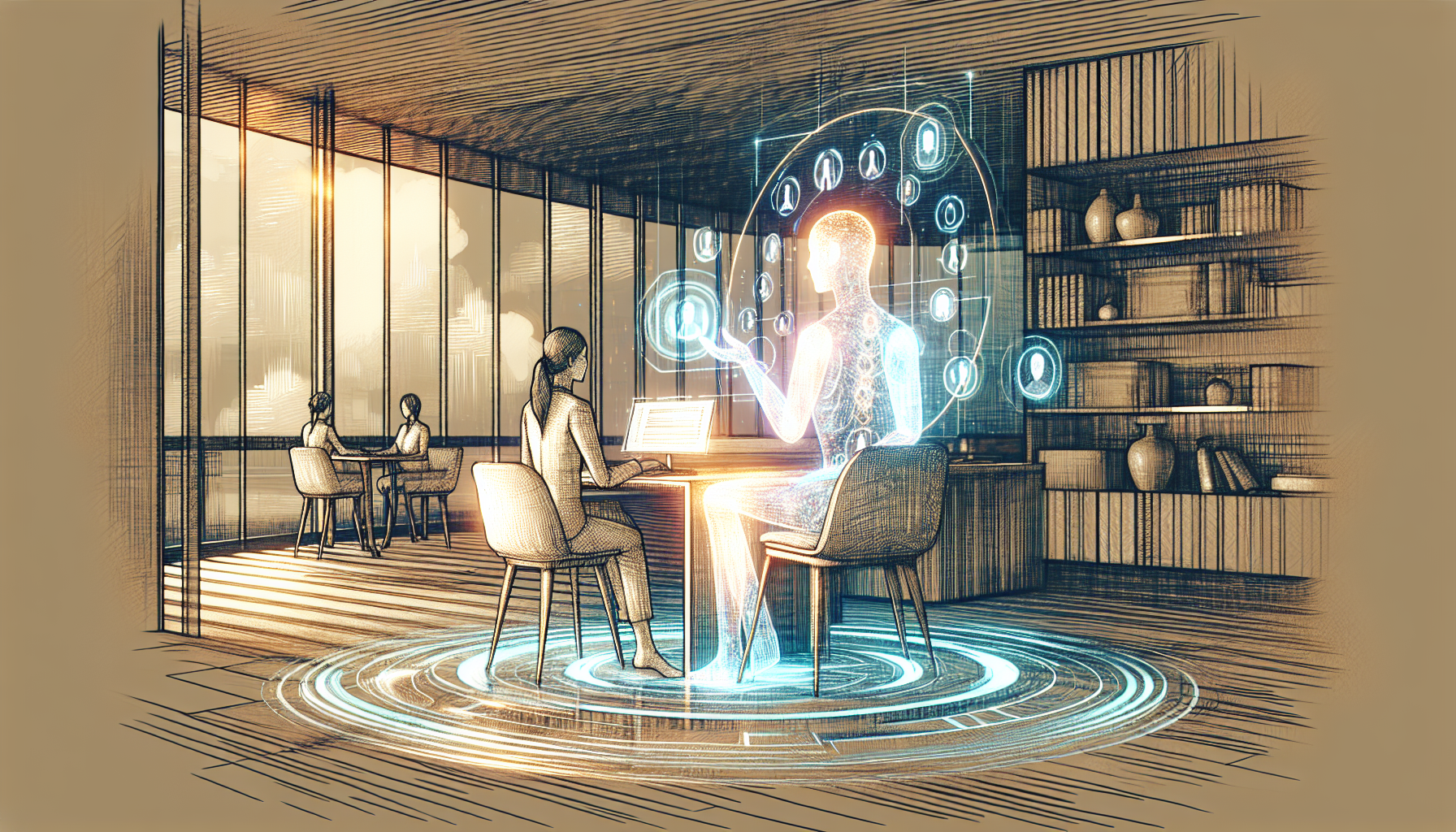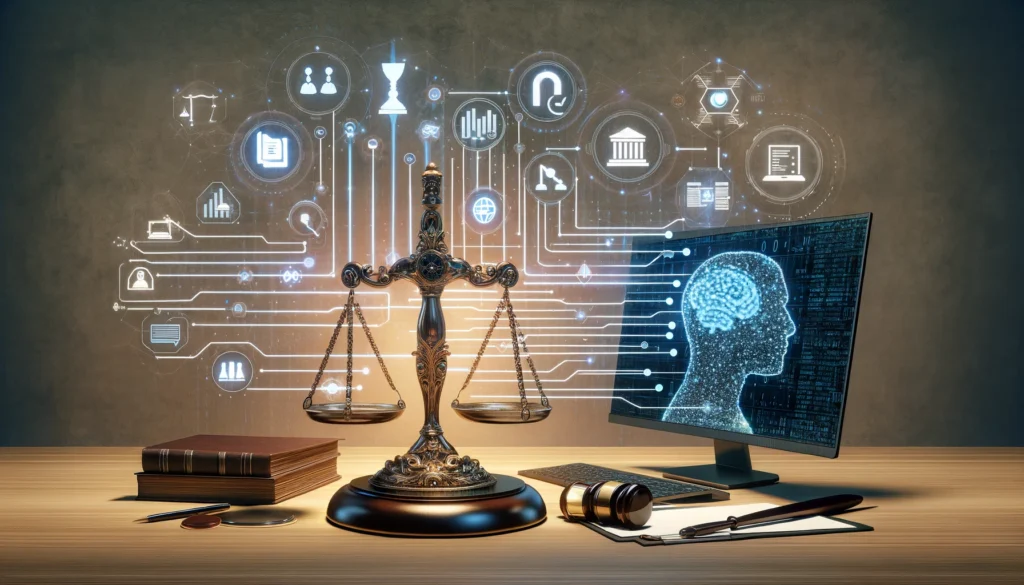
Setting the Stage: The Modern Paralegal’s Challenge
In the dynamic world of corporate client consultation, speed and accuracy are paramount. Paralegals face mounting pressure to deliver swift, precise results amidst a constantly evolving legal landscape. This challenging environment calls for innovative tools to streamline workflows and enhance efficiency.
Enter Artificial Intelligence (AI), specifically ChatGPT and other Large Language Models (LLMs). Leveraging these advanced technologies offers transformative potential for paralegals, reshaping traditional workflows and enabling a new era of productivity and accuracy in legal work.
Understanding ChatGPT: A Quick Primer
ChatGPT, developed by OpenAI, is an advanced AI model designed to understand and generate human-like text based on the context it receives. This capability stems from Large Language Models (LLMs), which are sophisticated algorithms trained on vast data sets to recognize patterns, context, and nuances in language.
For legal professionals, LLMs are particularly relevant. They can analyze vast amounts of legal texts, generate coherent summaries, and even assist in drafting documents. This makes AI an invaluable asset in handling the heavy textual workload typical in legal environments.
Streamlining Research and Information Gathering
One of the most time-consuming tasks for paralegals is conducting thorough legal research. Here, ChatGPT can significantly expedite the process, aiding in the quick retrieval of relevant case laws, statutes, and legal precedents.
- Prompt example: “Summarize the key points of the landmark case Brown v. Board of Education.”
- Prompt example: “Find recent changes in corporate law regarding shareholder rights.”
Ensuring the accuracy and reliability of AI-generated information is crucial. While ChatGPT provides initial insights, paralegals should cross-verify with primary sources or trusted legal databases. This hybrid approach can save time while maintaining the high standards expected in legal research.
Crafting Effective Legal Documents with AI
Drafting precise legal documents is a critical task for paralegals. ChatGPT can assist in creating initial drafts for memos, briefs, and client-ready letters, addressing specific legal issues with precision and clarity.
- Prompt example: “Draft a memo outlining the implications of the new GDPR regulations for our client.”
- Prompt example: “Prepare a client letter explaining the potential legal risks associated with cryptocurrency investments.”
To ensure compliance and precision in legal documentation, paralegals should review and refine AI-generated drafts. This collaborative synthesis between human expertise and AI efficiency ensures high-quality outcomes, adhering to all legal standards and requirements.
Enhancing Client Interaction Preparation
Effective preparation for client interactions is essential to address clients’ concerns and provide informed guidance. ChatGPT can assist by anticipating common questions and helping formulate cohesive, informed responses.
- Prompt example: “What are common questions clients ask about corporate restructuring?”
- Prompt example: “Summarize the legal concerns specific to the fintech industry.”
Paralegals can also use ChatGPT for role-playing scenarios, practicing potential client interactions to ensure preparedness and confidence during actual meetings. This proactive approach can significantly enhance client satisfaction and trust.
Managing Workflow and Deadlines Seamlessly
Efficient workflow management and adherence to deadlines are critical components of paralegal work. ChatGPT can assist in organizing tasks, setting reminders, and managing project timelines seamlessly.
- Prompt example: “Create a timeline for the M&A case of XYZ Corp.”
- Prompt example: “List the tasks required for the upcoming client consultation on intellectual property rights.”
Integrating ChatGPT with project management tools can further streamline task allocation and monitoring, ensuring that no deadlines are missed and that all tasks are completed comprehensively and on time.
Navigating Ethical and Confidentiality Concerns
While AI offers significant benefits, it’s crucial to uphold ethical standards and confidentiality. Paralegals must ensure that sensitive information is handled securely and that AI outputs are critically assessed to avoid potential biases or inaccuracies.
Adopting strict data management practices and continuously monitoring AI interactions can mitigate risks, ensuring alignment with professional ethical norms and safeguarding client confidentiality.
Future-Proofing Your Skills: Staying Ahead with AI
The role of AI in legal work is continuously evolving. Paralegals can future-proof their skills by staying updated with AI advancements and legal tech trends.
Engaging in continuous learning through webinars, courses, and professional communities will help paralegals adapt to technological changes, maintaining their competitive edge and proficiency in leveraging AI tools like ChatGPT effectively.


